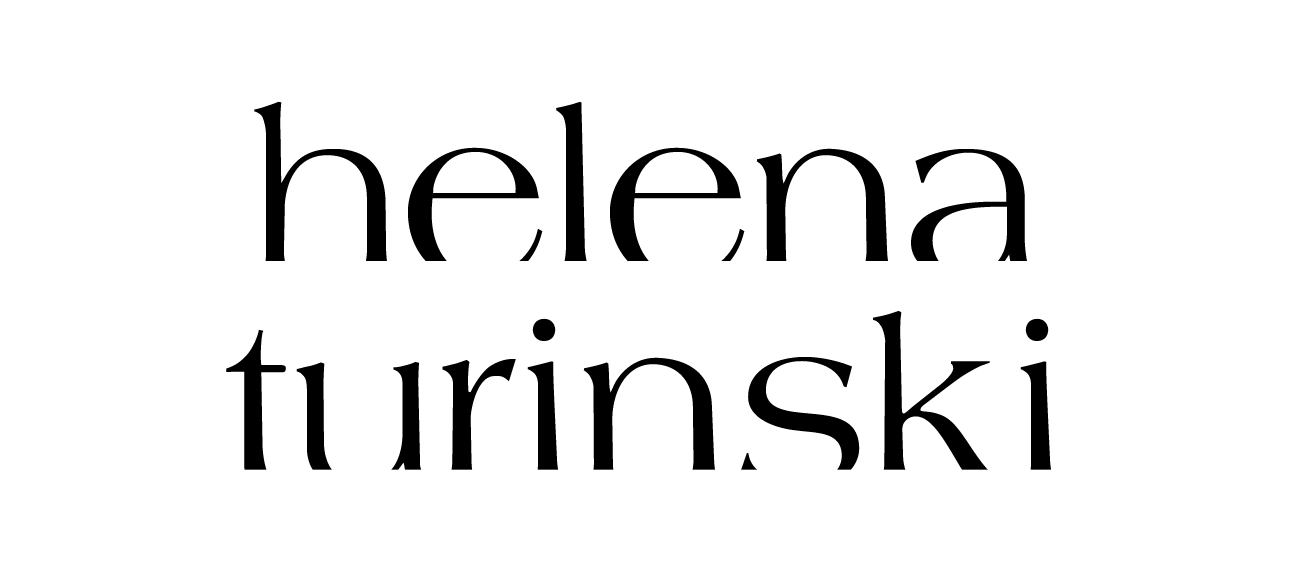Arthur Rackham’s Frightening World
 “O waken, waken, Burd Isbel”, from Young Beichan, Child balladIf you liked reading when you were a child, and in particular, fairy-tales, then chances are you would be familiar with Arthur Rackham’s illustrations. They certainly transported me into a world of imagination.
“O waken, waken, Burd Isbel”, from Young Beichan, Child balladIf you liked reading when you were a child, and in particular, fairy-tales, then chances are you would be familiar with Arthur Rackham’s illustrations. They certainly transported me into a world of imagination.
Rackham (1867–1939) was born in London as one of 12 children. At 18 he was earning a crust as a clerk at the Westminster Fire Office, but was also studying part-time at the Lambeth School of Art. He quit his day-job in 1892, and started working as a reporter and illustrator. His first serious commission came in 1894, and he illustrated Anthony Hope’s The Dolly Dialogues. And the rest, as they say, is history.
 Alice in WonderlandApparently he invented his own unique drawing technique – it doesn’t seem so unusual to me, as it is exactly how I work when I make ink drawings. Rackham sketched an outline of his drawing, and then lightly blocked in shapes and details with multiple washes of colour. Ink was applied last; the pencil was erased when the work was dry.
Alice in WonderlandApparently he invented his own unique drawing technique – it doesn’t seem so unusual to me, as it is exactly how I work when I make ink drawings. Rackham sketched an outline of his drawing, and then lightly blocked in shapes and details with multiple washes of colour. Ink was applied last; the pencil was erased when the work was dry.
He also used intricately cut silhouettes in his illustration. I once owned a couple of his books, and I remember as a child staring in fascination at the silhouettes. (Sadly, the books have mysteriously disappeared from my shelves, along with my entire collection of children’s books. I suspect nefarious doings by one or other of my nieces or nephews.)

 Note the use of an engraving in the background to give depth to the illustration
Note the use of an engraving in the background to give depth to the illustration
…it is often one’s nightmares that are most memorable
 Rackham still influences artists today. Interestingly, the director of Pan’s Labyrinth, Guillermo Del Toro cites Rackham as an influence on the design of the Faun in the film. He liked the grittiness of his drawings. Certainly many of Rackham’s illustrations are quite dark, with a definite hint of menace under the surface. The giants seizing Freia (right) are certainly a nightmarish example, as are so many traditional fairy-tales.
Rackham still influences artists today. Interestingly, the director of Pan’s Labyrinth, Guillermo Del Toro cites Rackham as an influence on the design of the Faun in the film. He liked the grittiness of his drawings. Certainly many of Rackham’s illustrations are quite dark, with a definite hint of menace under the surface. The giants seizing Freia (right) are certainly a nightmarish example, as are so many traditional fairy-tales.
I find his dirty, subdued colour palette and frightening world with its sinister undercurrent very inspiring – especially in this day and age when so much story-telling is painted in bright, candy colours – and computer-rendered to boot. After all, it is often one’s nightmares that are most memorable.
 The Rhinemaidens of Die Gotterdammerung
The Rhinemaidens of Die Gotterdammerung A light note to finish: a Kensington Gardens fairyThe End.
A light note to finish: a Kensington Gardens fairyThe End.

